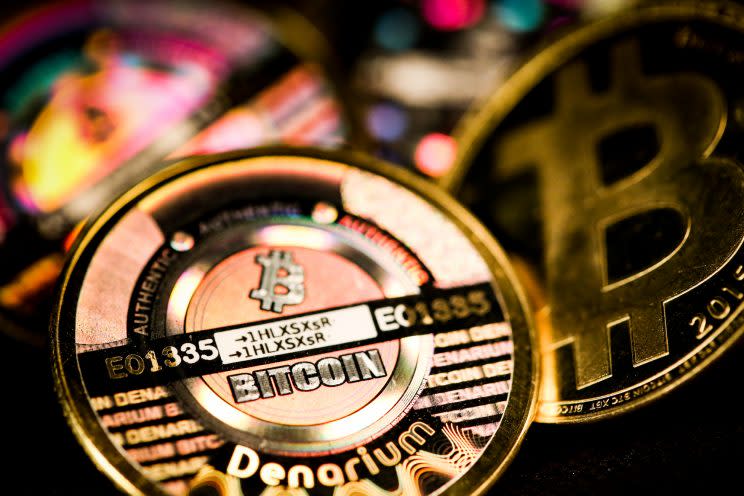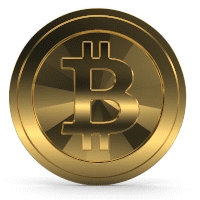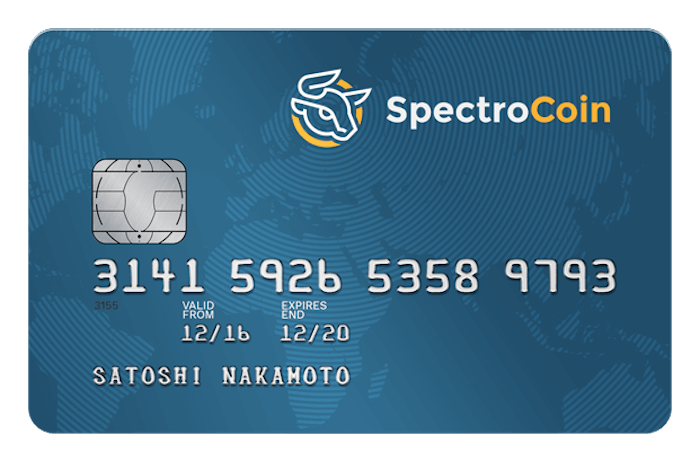This is all you need to know about Bitcoin and how it works

If you don’t “get” Bitcoin, you’re not alone. A Rutgers University study found that even people who use it don’t fully understand how it functions.
But if you don’t know, you’re missing out on a commodity that’s risen over 72 per cent since March. Most notably, a single Bitcoin has surpassed an ounce of gold in value. As of May 28, one Bitcoin is worth US$2,590. Here’s what else we know:
Bitcoin was created by (a non-threatening) Keyser Soze
We know that the creator is known as Satoshi Nakamoto and that Bitcoin was first introduced as a currency for use in online gaming — but no one can say who the elusive Nakamoto is, or even if it’s several persons acting together. According to Wired, Nakamoto owns approximately 1 million Bitcoins, worth over US$26 billion today. In May 2016, Australian entrepreneur Craig Wright claimed to be the brains behind Bitcoin.
Bitcoin is a ‘cryptocurrency’ — encrypted but also cryptic
Cryptocurrencies are legal tender just like the dollar or euro in countries that accept them, only they’re completely digital so you don’t carry notes or coins with you. They can be used to buy groceries or pay for a haircut or a new car. Cryptocurrencies are not regulated by governments and central banks, but run through complex networks known as “blockchains.” Bitcoin is the most valuable cryptocurrency because it came first, but it’s far from the only one. Ether, a Bitcoin alternative launched in 2015, rose 2,000 per cent this year to trade at approximately US$207 and is backed by major corporations such as J.P. Morgan, Intel and Microsoft.

A blockchain is very complicated and difficult to hack
Blockchain is an online ledger that keeps a secure record of each bitcoin transaction. Whenever someone buys, sells or swaps the currency, it is logged by the blockchain. Several hundred of these back-and-forths make up a block. Every 10 minutes a block of encrypted information circulates through every Bitcoin wallet, says Thomas A. Meyers, author of Bitcoin The Expert Guide.
“The bitcoin blockchain and the design of bitcoin itself is such that it’s not 100 per cent hack-proof, but it would take a million years to actually hack into the blockchain,” according to Meyers.
These blocks are not controlled by anyone because blockchains are decentralized across every device that contains a bitcoin wallet. Everyone can see every transaction, but no names are displayed — just public ‘keys.’ Meyers says one advantage of this is that it would force total transparency for governments, charities and corporations. But because Bitcoin keeps transactions anonymous — essentially protecting customer privacy — it also provides ease-of-use for illegal activities.
Click here to see a live blockchain in action.
You’ll need to download a Bitcoin wallet — those are easier to hack
A third-party app called a “wallet” is what you use to buy, sell or pay a business using Bitcoin. Meyers is partial to Breadwallet, popular for Android and iOS. Read this for help choosing the best wallet for you. Once you set up the app, you are given a personal key— this is a complicated personal ID number known as a hexadecimal code. It looks like this:
e3f357da73ce44745949bc4cfa9332214e3494e3e26f6aed213b2d4e12ee7165
“People often ask, if one bitcoin is being traded for $2,300, how can you buy something small like a candy bar?” Meyers says. “Bitcoins can be cut down into the millions — they’re called millibits.”
“However, while Bitcoin itself is very stable and very secure, some of the things that work on the blockchain like exchanges and third party wallets are hackable and they have been hacked before.”
Read about the Mt. Gox Bitcoin exchange disaster of 2014, where almost $500 million was apparently stolen by hackers.
Where to buy Bitcoin
Visit an online exchange such as SpectroCoin or Kraken, where you can buy, sell and trade Bitcoin using your credit or debit card. Creating an account with an exchange should come with a wallet. But know that transaction and processing fees associated with instant debit or credit card purchases is higher, and comes with a higher risk of fraud. You can even sign up for a CryptoPay or SpectroCoin VISA debit card, and use it wherever VISA or Mastercard is accepted.

It’s fast and convenient — but buyer beware
One advantage of using Bitcoin is that it’s peer-to-peer, so it eliminates bank and transaction fees, making the exchange of money between anyone anywhere in the world instant and free.
“If you wanted to buy something from me for $10, you’d have to go through PayPal and through two or three intermediaries wanting a cut,” says Meyers. “With Bitcoin, it’s just you and I. It supersedes borders and languages.”
But since there’s no intermediary, no transaction is reversible — unlike one done from a traditional bank account or credit card. Returns and exchanges become challenging, and the buyer has no real recourse.
The supply of Bitcoin is finite
The number of new Bitcoins created each year is automatically halved over time until the number in existence hits 21 million. The limited circulation of Bitcoin means the cryptocurrency will not experience devaluation in the way that conventional currencies do, because no more can be printed at will.
While it’s still a niche form of payment, it’s accepted by major businesses such as Overstock.com, travel site Expedia and Shopify stores. And this site even sends you pizza for Bitcoin. Canada currently hosts 161 Bitcoin ATM machines where users can exchange the cryptocurrency for Canadian cash at the current exchange rate. Toronto has 51 and Montreal 38, and the numbers are rising quickly.
“Nobody has a paper phonebook,” says Meyers. “Nobody reads paper newspapers. I feel like money is the last paper holdout in a digital world, and that’s what’s driving the price of it. People are waking up — it’s based on human understanding.”

 Yahoo Finance
Yahoo Finance 
